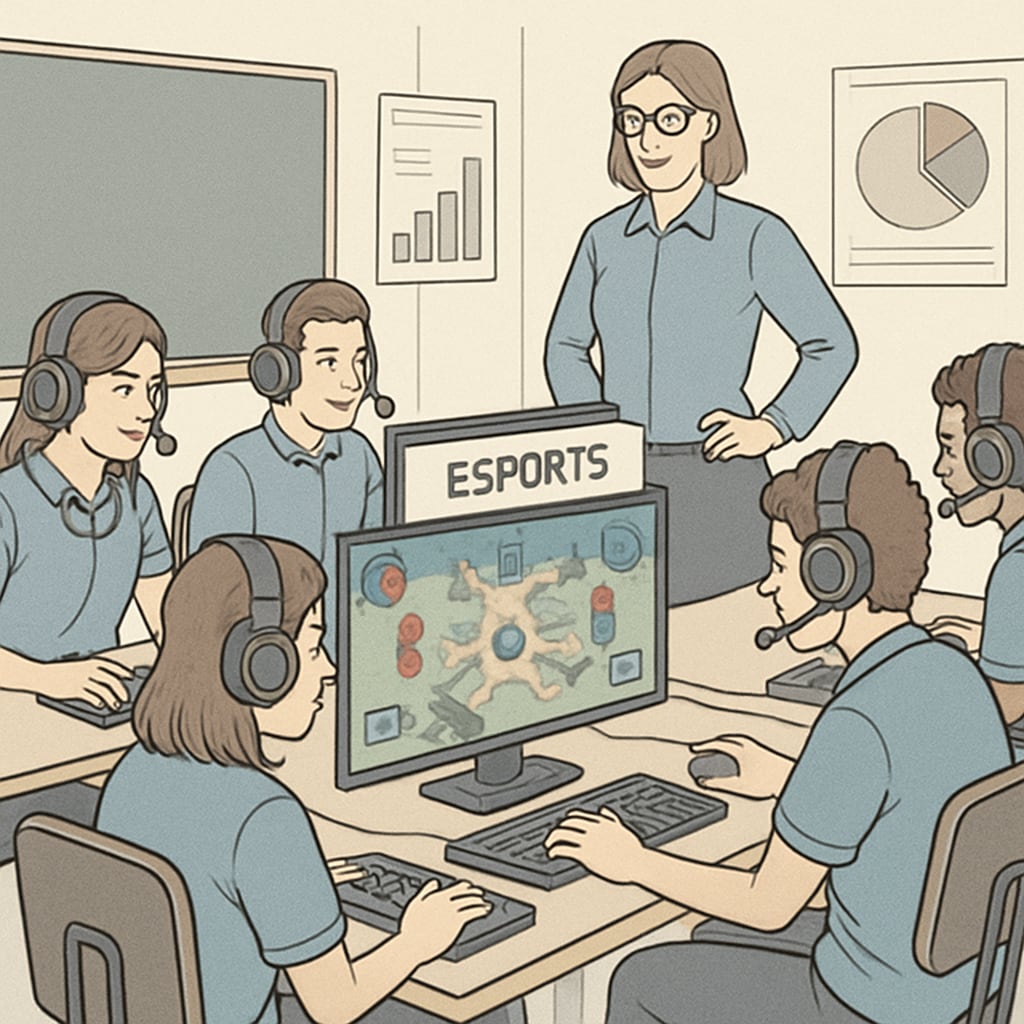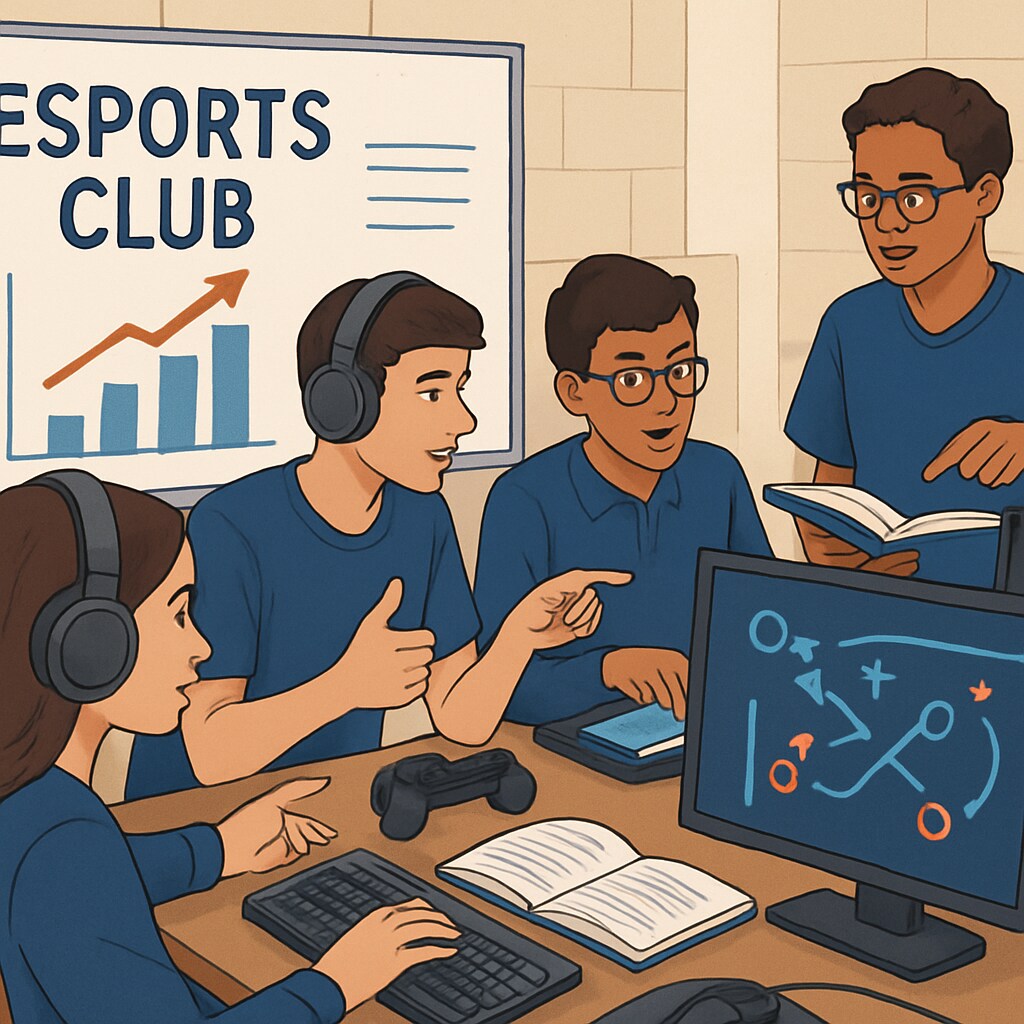The strategic partnership between GameClass and NASEF (North America Scholastic Esports Federation) is revolutionizing K12 education through gamified learning. By integrating esports into 9,000 clubs globally, this collaboration blurs the boundaries between traditional and modern educational models, providing students with an exciting platform where their interests and learning blend seamlessly. This marks a significant step forward for the global development of game-based education.

Bridging the Gap Between Esports and Education
Esports has rapidly grown from a niche pastime into a billion-dollar industry, attracting millions of players and viewers worldwide. Recognizing its potential, educational institutions have begun to explore its application within learning environments. GameClass and NASEF’s collaboration is a prime example of how esports can be harnessed to teach essential skills such as teamwork, problem-solving, and critical thinking.
This initiative leverages students’ passion for gaming to make education more engaging. By integrating game-based learning into esports clubs, students are offered opportunities to develop academic competencies while pursuing their interests. For example, subjects such as STEM (Science, Technology, Engineering, and Math) are seamlessly incorporated into gaming scenarios, making learning both practical and enjoyable.
Global Impact and Strategic Goals
The partnership’s reach extends across 9,000 esports clubs worldwide, demonstrating its global ambition. Key objectives include fostering international collaboration among students, promoting cultural exchange, and preparing learners for careers in technology-driven industries. The integration of gamified learning tools ensures that students not only excel academically but also gain valuable experience in leadership, communication, and digital literacy.
According to Scholastic Esports on Wikipedia, esports programs in schools have already proven effective in improving student engagement and academic performance. GameClass and NASEF’s initiative further builds on this success by offering structured curricula tailored to gaming environments. This approach aims to create a new standard in K12 education that prioritizes student interests while addressing educational goals.
Transforming K12 Learning Experiences
Game-based learning has emerged as a powerful educational tool, and its integration into esports clubs represents a transformative shift in K12 education. Students are encouraged to apply classroom knowledge in real-world gaming contexts, fostering deeper understanding and retention. For example, math skills can be enhanced through game analytics, while storytelling games can improve language and communication abilities.
As a result, educators are provided with innovative ways to engage students, particularly those who struggle with traditional teaching methods. According to Esports on Britannica, the inclusion of gaming within educational frameworks can create a more inclusive environment that accommodates diverse learning styles.

Challenges and Opportunities in Esports Education
While the benefits of esports-based learning are evident, implementing such programs comes with challenges. Schools must invest in appropriate infrastructure, including gaming equipment and high-speed internet. Additionally, educators need training to effectively integrate game-based techniques into their lesson plans.
However, the potential rewards far outweigh the risks. The collaboration between GameClass and NASEF sets a precedent for how esports and education can coexist to create meaningful learning experiences. By fostering interest-driven learning, students are more likely to stay motivated and achieve academic success.
Readability guidance: This article uses concise paragraphs, incorporates lists for clarity, and integrates authoritative references for credibility. Images are placed strategically to complement the content, ensuring a reader-friendly experience.


